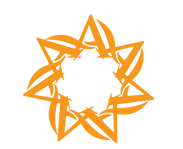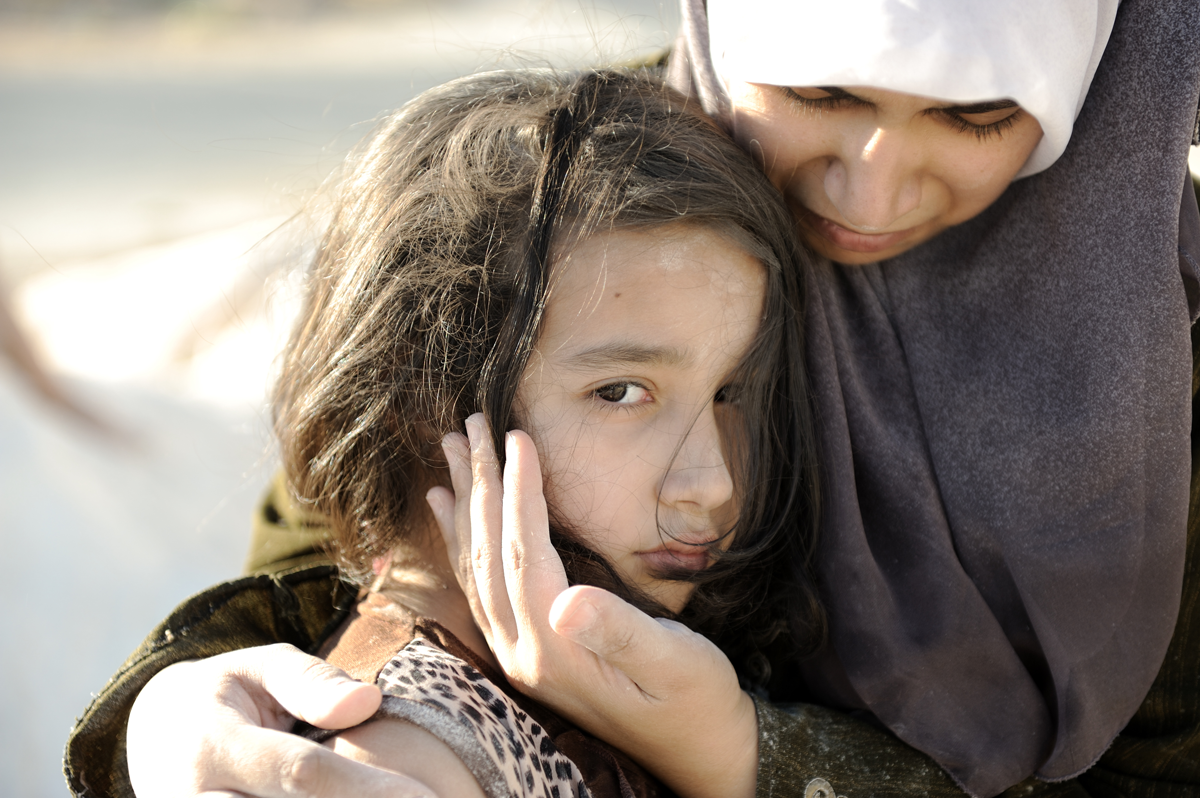The World Health Organization is looking for international support to assist the cash-strapped health sector in Bangladesh that is assisting a million vulnerable Rohingya refugees.
Approximately 700,000 Rohingyas fled violence in Myanmar in 2017. They joined several hundred thousand refugees living in camps across the Myanmar border in Bangladesh. The rainy season is right around the corner. These overcrowded camps are at risk for an outbreak of life-threatening water and vector-borne diseases during the monsoon rains.
The World Health Organizations has helped administer 900,000 doses of the cholera vaccine along with vaccination campaigns for measles and diphtheria since the Rohingya crisis began.
Dr. Poonam Khetrapal Singh, the WHO South-East Asia Regional Director, said that the health sector’s capacity to respond depends on the availability of resources. This vulnerable population will need continued services for reproductive, maternal and child health. The World Health Organization has appealed partners for $16.5 million for continued support in 2018.
Aldelano Solar Cold Chain Solutions products are the most, robust long-lasting solar products in the market. They offer at-risk communities and humanitarian organizations with industrial-grade solar refrigeration, solar power generation along with solar atmospheric water and ice generation. The Aldelano Solar ColdBoxTM can provide solar-powered cold storage for food, medicine, and blood. The Aldelano Solar PowerPakTM can power a small home or entire village; this resource can provide doctors with stable electricity to deliver more robust medical care. The Aldelano Solar WaterMakerTM provides fresh, clean water that is totally independent of any power grid or water system.
Governments and humanitarian organizations often struggle to provide refugee camps with enough resources to live in acceptable conditions. The renewable energy and life-saving resources provided by Aldelano Solar Cold Chain Solutions can offer these communities relief. Aldelano’s products are mobile, ready-to-use and require little to no maintenance.
Right now, all 207 health facilities in the area have been assessed for vulnerability during the rainy season. Twenty-five percent of the 207 facilities have been marked for relocation during the cyclone-prone time-period. Aldelano Solar Cold Chain Solutions hopes to provide humanitarian and government organizations with sustainable solutions for scenarios like the Rohingya Refugee Crisis.

